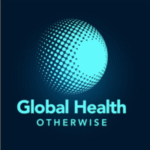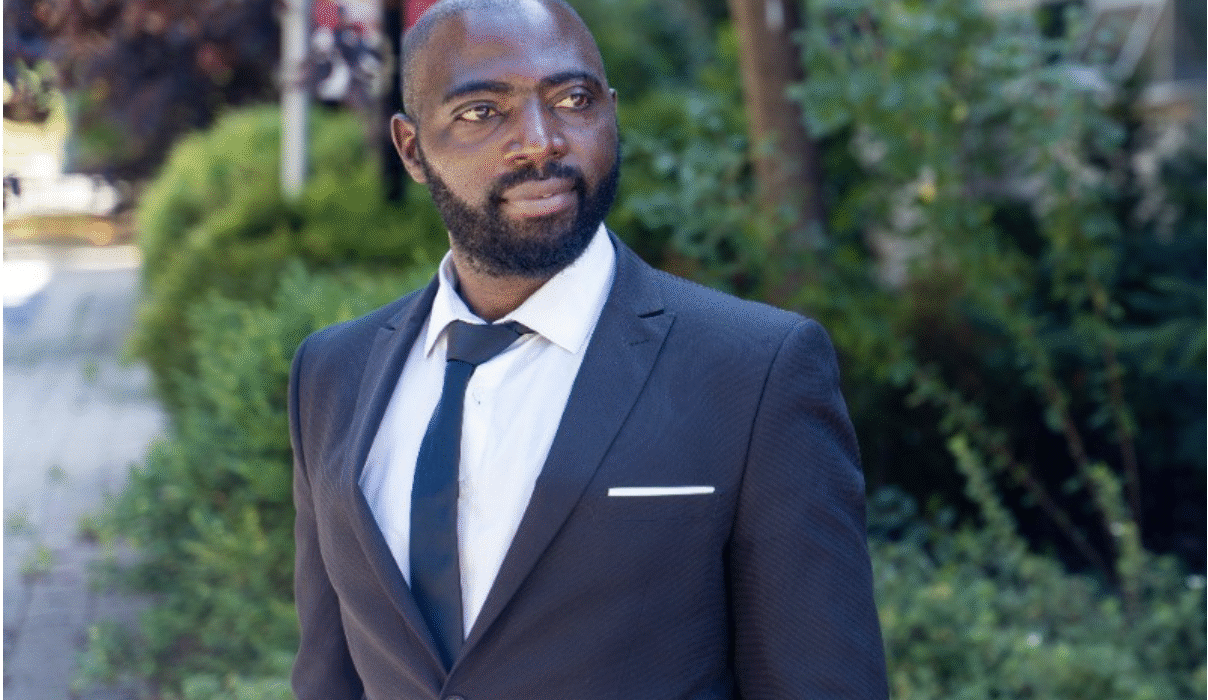When we talk about innovation in Africa, it’s easy to spotlight apps, fintech startups, or youth-driven entrepreneurship hubs. But innovation, in its truest and most impactful form, often lies in the quiet brilliance of those who build systems, develop models, and solve invisible crises before they erupt. One such figure is Professor Jude Dzevela Kong, a Cameroonian-born, Canadian-based mathematician, data scientist, and AI expert whose work is reshaping public health, climate action, and global cooperation.
Bridging Continents with Science
Jude Kong is not just a scientist; he is a bridge. As Executive Director of the Africa-Canada Artificial Intelligence and Data Innovation Consortium (ACADIC) and leader of the AI for Pandemic and Epidemic Preparedness and Response Network (AI4PEP), Kong has created pathways that connect African needs with global scientific capabilities. Indeed, he has succeeded to model true and meaningful community driven innovation.
His career, spanning appointments at the York University, Canada, University of Toronto’s Dalla Lana School of Public Health, the Munk School of Global Affairs and Public Policy, and the Department of Mathematics, reflects a rare fusion of technical depth and social mission. In his own words, “AI must not only be intelligent but community-oriented. The future of global health depends on local empowerment through collaborative science.”
Innovation That Saves Lives
During the height of the COVID-19 pandemic, while many researchers focused on individual country strategies, Kong coordinated a 52-member team across nine African countries to deploy AI tools for virus detection, modeling, and response. This wasn’t theoretical work; it was about using data to save lives. These models guided national task forces in real-time decision-making.
By 2022, he took this further by launching AI4PEP, a pan-African network of over 160 researchers in 21 countries, aimed at equipping public health systems with AI-based solutions for early warning and outbreak management. The network’s principle is straightforward yet ambitious: “We need an ecosystem where African scientists are not just consumers of global health tools but creators of them.”
AI, Methane, and the Climate Puzzle
Kong’s recent work extends far beyond pandemics. He is at the forefront of climate-tech innovation, especially in methane detection—an often overlooked but extremely potent greenhouse gas. His lab co-authored groundbreaking research into AI-based systems for tracking methane leaks across vast regions using satellite imagery, remote sensors, and federated learning.
In a 2024 review, Kong and his team write,
“AI methods are helping bridge the gap between data detection and policy action in methane emission management”.
His framework integrates climate reanalysis data, hyperspectral imaging, and deep learning tools to detect invisible environmental risks and provide precise localization of emissions—capabilities that traditional systems lack.
This isn’t just about Canada. His hybrid multi-source fusion framework, validated across methane-heavy provinces like Alberta, offers a scalable model that can be adapted in Africa, where monitoring infrastructure is still developing.
Shifting Global Narratives on Collaboration
Kong is also a thought leader in diplomacy and international development. In his recent essay on Canada’s Africa Strategy, he argued for a reimagined model of cooperation: one that is participatory and locally driven. “Gone are the days of the outdated ‘we’re here to help’ mindset,” he wrote. “True partnership means learning, co-creating, and growing together.”
His advocacy challenges not just Western governments, but also the global scientific community to reconsider how partnerships with Africa are built. Rather than aid-driven projects, Kong envisions knowledge exchanges that treat African institutions as equals—something he actively practices through ACADIC.
Mentorship, Representation, and the Power of Example
One of Jude Kong’s most understated contributions is his influence as a mentor and role model. As a Canada Research Chair in Community-Oriented AI & Mathematical Modelling of Infectious Diseases, he uses his visibility to inspire young scientists, particularly Black students.
In 2021, the Operational Research Society named him a Black Hero of Operational Research, and he has consistently been recognized for research leadership and mentorship—including the 2023 President’s Emerging Research Leadership Award at York University.
His personal journey—growing up in Cameroon, studying across Europe and North America, and leading labs in Canada while collaborating globally—shows what is possible when African intellect is given space to thrive. “Innovation,” he says, “is not only about algorithms and equations. It’s about impact—measured in lives improved and futures made more equitable.”
A Global Vision, A Local Heart
What makes Jude Kong’s work uniquely powerful is its clarity of purpose. Whether through mathematical models predicting disease outbreaks, AI frameworks monitoring greenhouse gases, or educational initiatives to empower marginalized communities, his focus remains grounded: making science serve people.
Innovation in Africa, through his lens, is not something that is imported—it is cultivated from within, shaped by local realities, and scaled through global collaboration. His life’s work stands as proof that when African leadership meets scientific excellence, the result is more than innovation—it’s transformation.

